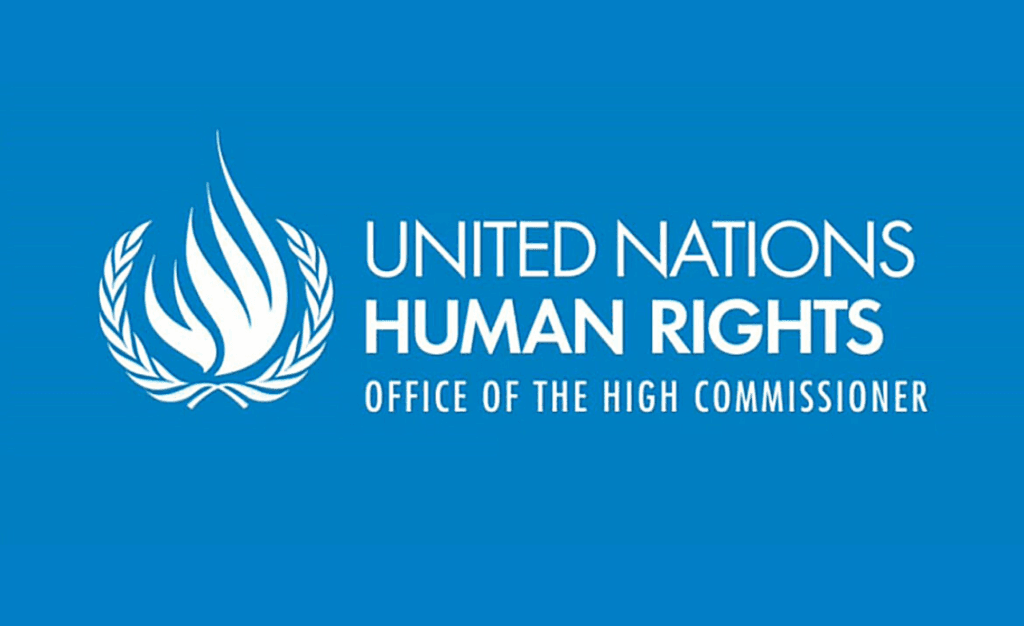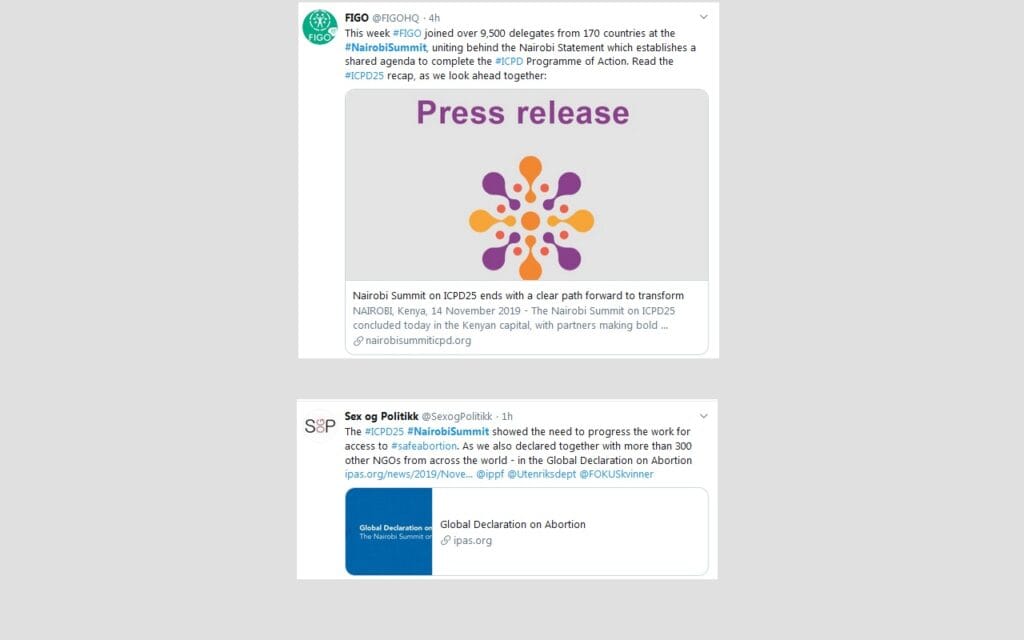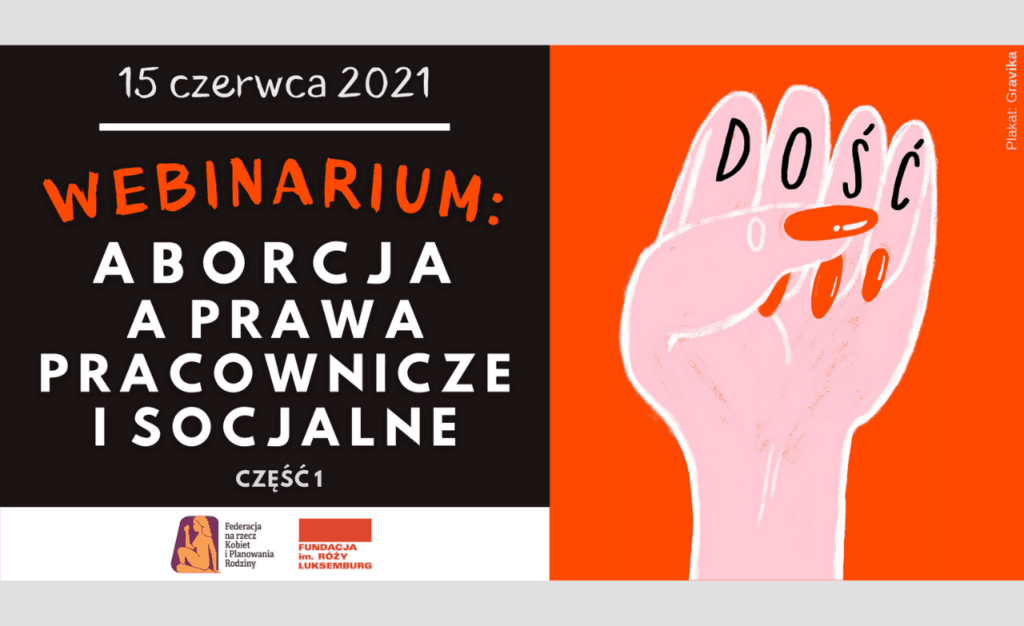Na marcowej sesji Rady Praw Człowieka na przykładzie trzech ostatnich spraw FEDERA pokazuje, że w Polskich warunkach, tylko całkowita liberalizacja prawa i dekryminalizacja przyniesie realną zmianę sytuacji w dostępie do aborcji. Przytaczamy sprawę skazania Justyny Wydrzyńskiej za pomoc w aborcji, odmowy legalnej aborcji dla osoby z niepełnosprawnością intelektualną i kontroli funkcjonariuszy Centralnego Biura Antykorupcyjnego w biurze ginekolożki w Szczecinie.
Human Rights Council
52nd session of the Human Rights Council
March 2023
Thank you, President.
I make this statement on behalf of the Federation for Women and Family Planning from Poland.
Decriminalisation of abortion in Poland is imperative. The recent case of criminal conviction of an ?activist who helped in abortion and persistent denials of legal abortion services demonstrate that only full liberalisation and decriminalisation of abortion would make a change in the Polish context.
Last week a Polish activist was found guilty of helping to access medical abortion.
Last month, a young woman with an intellectual disability was denied a legal abortion because the entire hospital relied on consciousness objection. She was not referred to an alternative facility and was only able to access abortion care in a Warsaw hospital after my organisation intervened.
Additionally, last month, agents of the anticorruption office invaded the private practice of a gynecologist on the suspicion that she had provided a medical abortion pill to one of her patients. All her patients’ medical files from almost 30 years of practice have been confiscated.
Criminalization of abortion is incompatible with the human right to life, liberty, security, health, and freedom from torture. We call on the international community to hold Poland accountable to international human rights standards.
powiązane treści
None found



